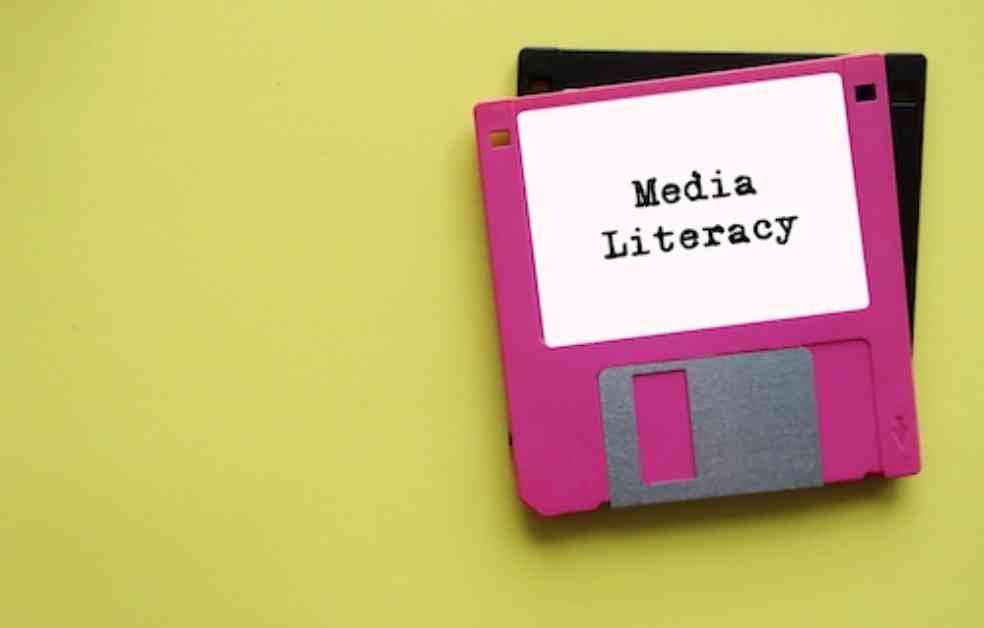Media literacy is more important than ever in today’s digital age. With the rise of social media and artificial intelligence, students must be equipped with the skills to navigate and critically evaluate the information they encounter. Edtech tools play a crucial role in developing media literacy skills among students, helping them become informed consumers and responsible digital citizens.
Artificial intelligence (AI) has a significant impact on how information is created, disseminated, and consumed. Students need to understand AI’s role in shaping their media experiences to recognize and evaluate the content they consume. By demystifying AI technology, students can better comprehend how preferences and biases are algorithmically curated in the media they consume.
Social media platforms offer both engagement opportunities and distractions for students. While these platforms can be beneficial for sharing ideas and collaborating, they also pose challenges such as excessive screen time and decreased attention spans. Finding a balance between engagement and distraction is essential for student success in today’s digital landscape.
Educators can help students develop critical media literacy skills by leveraging edtech tools in the classroom. Platforms like Canva, Adobe Spark, and WeVideo allow students to create visually engaging content, fostering essential skills in assessing media quality and authenticity. Fact-checking tools like Snopes and FactCheck.org empower students to verify information and understand biases in sources.
Discussion forums and digital simulations encourage collaborative learning and critical thinking about media consumption. By engaging in interactive simulations and games, students can develop a deeper understanding of media literacy concepts and digital citizenship. Visualizations like concept maps help visual learners organize information and enhance critical thinking skills.
Video analytics tools like Edpuzzle turn passive video watching into an interactive learning experience, promoting critical analysis and evaluative skills among students. By integrating innovative edtech tools into the classroom, educators can equip students with the skills needed to navigate the digital world with confidence and discernment.
In conclusion, media literacy is a crucial skill for students in today’s digital landscape. By teaching ethical edtech practices, educators can help students build critical success skills and become informed consumers of information. Through a combination of critical thinking, content creation, and responsible digital citizenship, students can engage meaningfully in the media landscape with confidence and discernment.
Author: Sam Bowman, eSN Contributing Writer
Connect with him on Twitter @SamLBowman1.







